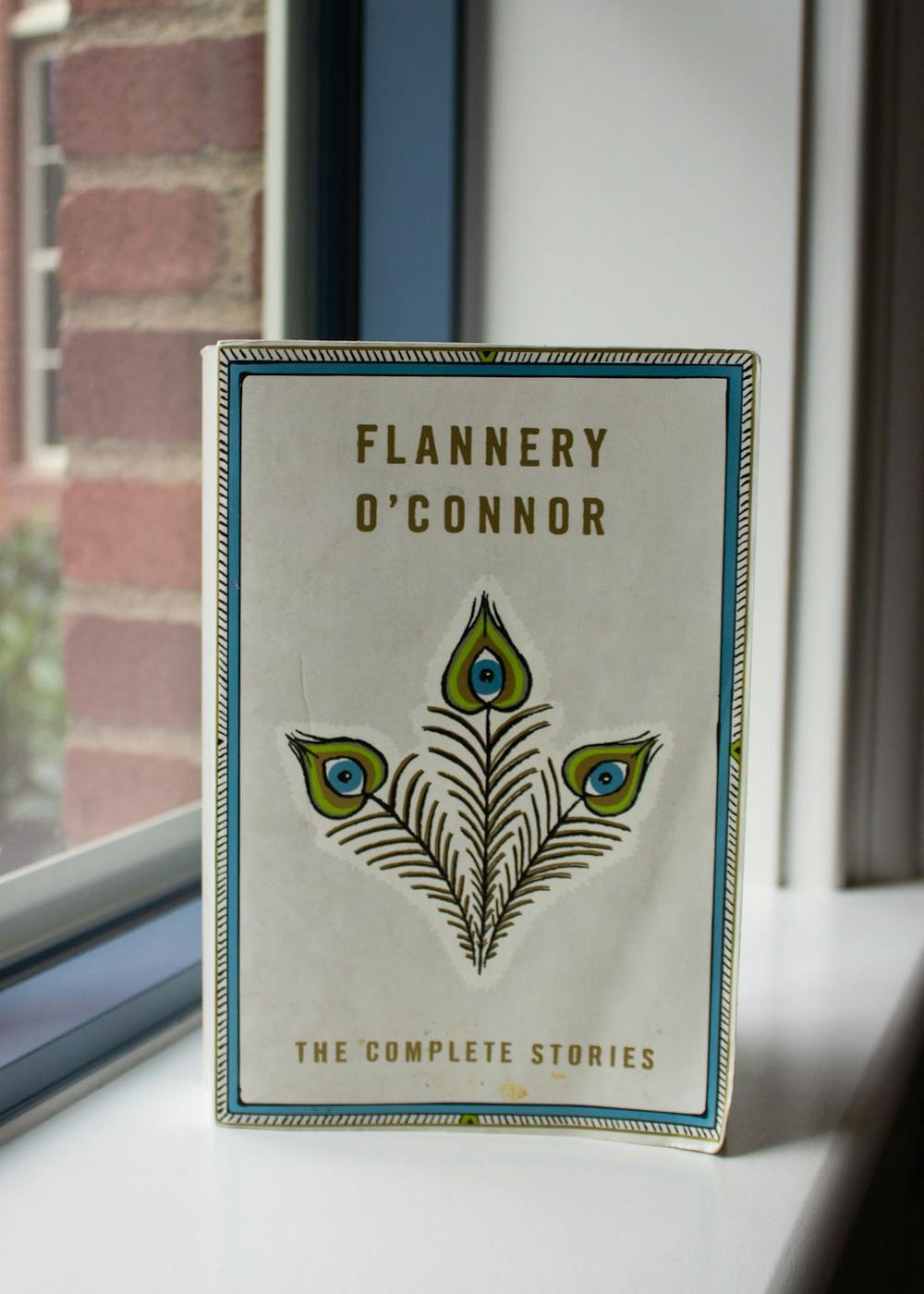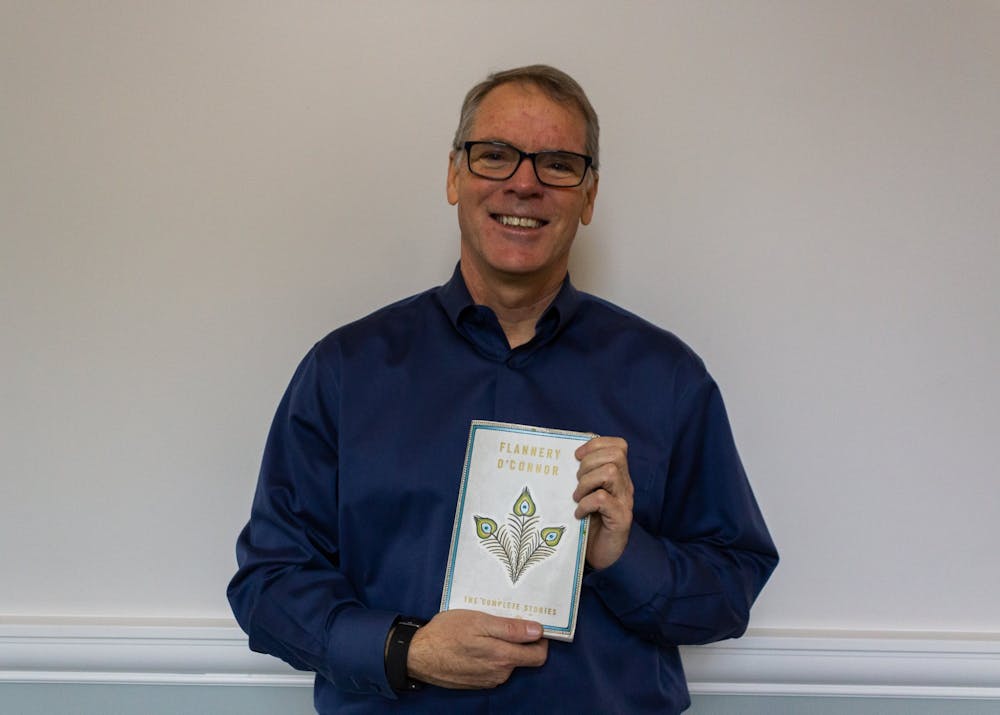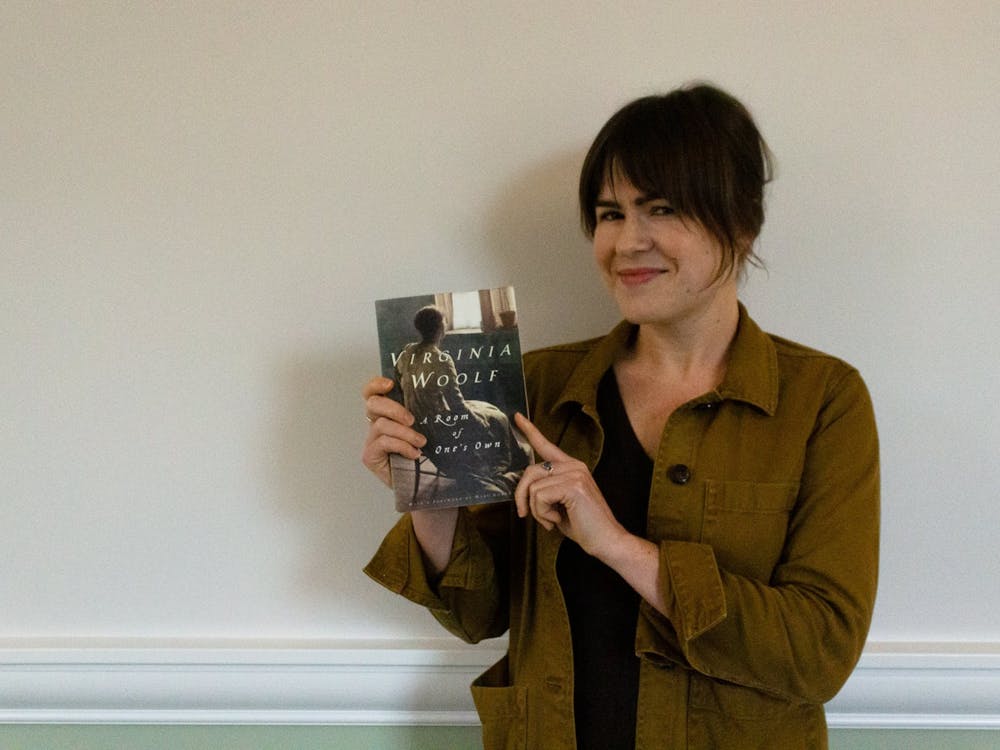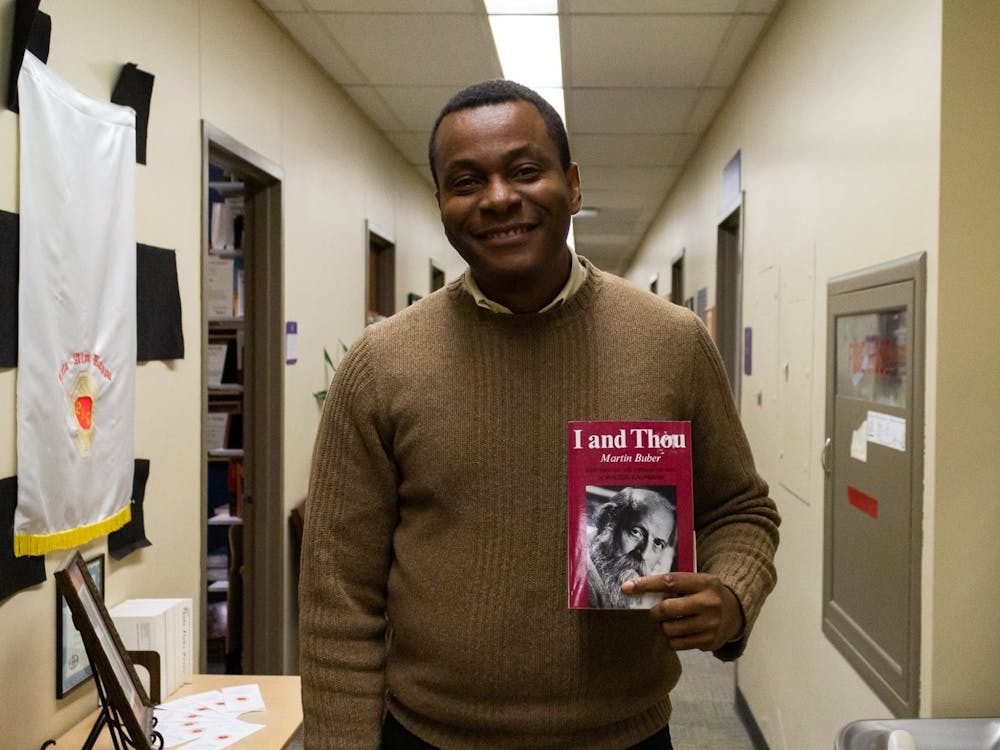As part of a four-part series, The Beacon spoke to professors about the books that impacted them most. Last time, The Beacon spoke to professors Jen McDaneld and Matthew Warshawsky about feminism and satire.
Part three features professors Patrick Hannon and Cara Poor.
Father Patrick Hannon, English professor
“The Complete Stories” by Flannery O’Connor

"The Complete Stories" is a collection of works by O'Connor that explore the darker sides of human nature in the context of the Civil Rights Movement.
Hannon’s first thought when contemplating his favorite book was the Bible. For Hannon, the Bible is a library of books that have deeply affected his life. After the Bible, Hannon chose Flannery O’Connor’s “The Complete Stories,” a collection of short stories about people living in the south during the Jim Crow laws and the civil rights movement. O’Connor is a southern Catholic writer, who won the National Book Award for “The Complete Stories” when it came out in 1971.
According to Hannon, O’Connor portrays a grotesque side of human nature.
“She is doing a stress test on these particular truth positions of Christian faith,” Hannon said. “The stories are set in the south, and she always calls it Christ-haunted south. During the civil right movement and the time of Jim Crow laws, we come face to face with the ugly side of human nature. Is God still in those places where we are most ugly and most broken? That’s why these stories had a huge impact on me as a thinker, as a writer, as a priest, as a confessor, it’s made all the more non-judgemental when it comes to the human.”
Hannon has used a few of O’Connor’s stories in his Thinking Through Literature class and said that he would recommend all students to read it.
“If you want to get a glimpse at a different world, through a different lens from kind of a gritty and daring faith. One that is still willing to hold onto the idea that human beings are essentially still good, despite the fact that we can be pretty crappy to each other,” Hannon said. “This is a book of more hope, that is rooted in the real world.”

"Born to Run" by Christopher McDougall is a special book to civil engineering professor Cara Poor, who is a runner herself.
Cara Poor, Civil Engineering professor
“Born to Run,” Christopher McDougall

"Born to Run" is a non-fiction book that explores running through the lenses of Western society and the Mexican Tarahumara tribe.
This non-fiction book by McDougall is about ultra runners and their love of running. It discusses the spirituality of running and how there are more than just physical benefits. Poor herself runs three miles every morning and has done three half marathons in the past four years.
“I find running to be physically a good thing, but it’s also a time mentally to clear my head,” Poor said. “You become in tune with your body. This makes me healthy mentally and physically.”
The book examines ultra-running through the lens of the Tarahumara tribe, who are Native to Chihuahua, Mexico. They are known for being ultra runners, who make their running shoes out of rope and old tires and eat cornmeal for energy. McDougall tells a story about how the Tarahumara tribe beat ultra runners with advanced gear and proteins in a race.
“It’s not only a celebration of the human body and what it can but also this isolated culture, living in a canyon in Mexico, that nobody really knows about, and the things that they can do,” Poor said.
Fiona O’Brien is a reporter for The Beacon. She can be reached at obrienf21@up.edu.









